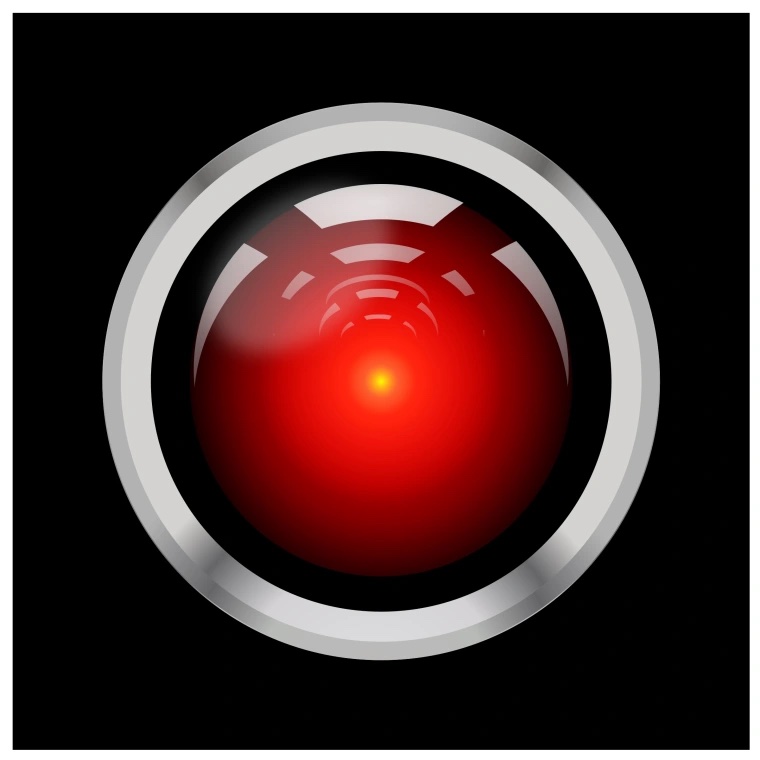This week we had 3 separate readings in preparation for our viewing of Alex Garland’s Ex Machina.
Our first reading comes from James Bridle, chapter 6 of “The New Dark Age” titled Cognition. Bridle highlights numerous ways in which the thinking of AI systems is largely susceptible to errors, encoded biases, and the replication of “barbarism” as he puts it.
Our second text comes from Adrienne Williams, Milagros Miceli, and Timnit Gebru– titled “The Exploited Labor Behind Artificial Intelligence”, which goes over the various ways in which the perception of AI is largely not demonstrative of it’s actual concerns in the exploitation of transnational labor– including but not limited to underpaying workers, treating them as robots worked under inhumane conditions, over-surveillance, and an over-emphasis on efficiency which leads to dangerous work conditions across industries.
Our third text regards this week’s screening itself, Ex Machina. Brian Jacobson’s text from this week addresses the broader more mainstream concerns within AI. He says “concerns about the nature of humanity, about playing god, and about the risks of a world controlled by technology—as well as the new features of the technological, political, and cultural landscape that are shaping what thinking machines mean today”. He outlines two readings of the film, one that is more simplistic and one more challenging. The first sees technology as simply a danger to society, Ava as a “femme fatale”, who serves as the “downfall” of humanity, or second, a viewing which sees a rejection of the powers that be and a merging between AI and the human into what Jacobson calls “posthuman” within the merging of binaries.
First, its interesting to compare Jacobson’s reading of Ex Machina and put it next to our second text, which addresses how films and movies glorify the overarching concerns with AI, while ignoring the actual ethical implications of labor exploitation it constitutes. These concerns are not addressed throughout Ex Machina, and perhaps it serves as a warning to us as viewers to not read so far into the larger concerns/philosophies that Ex Machina represents. Rather, we must focus on the current problems that AI is bringing up.
Additionally, I think it’s also interesting to relate our first reading of Cognition to Ex Machina as a film. Seemingly, the film seems to portray Ava and the existence of robots as both subservient but also perfect, without error (and ethical restrictions). However, much of cognition talks of how these AI systems can be fundamentally flawed in their creation and require much refinement, which Ex Machina seems to deny the notion of. However, we can see Ava’s ethicality towards the end of the film as a potential programming flaw, which cognition might talk about, an overlooked facet of her programming resulting in the conclusion of the film.
I think all of these readings are largely of note when it comes to interpreting Ex Machina as prediction, warning, and fiction.

Leave a Reply